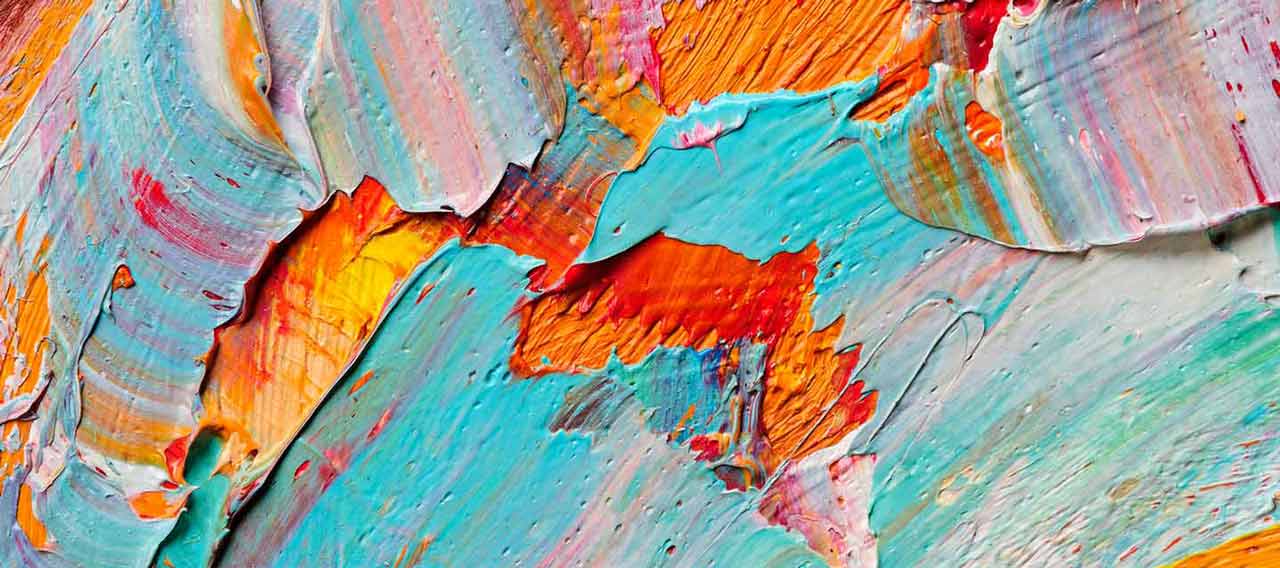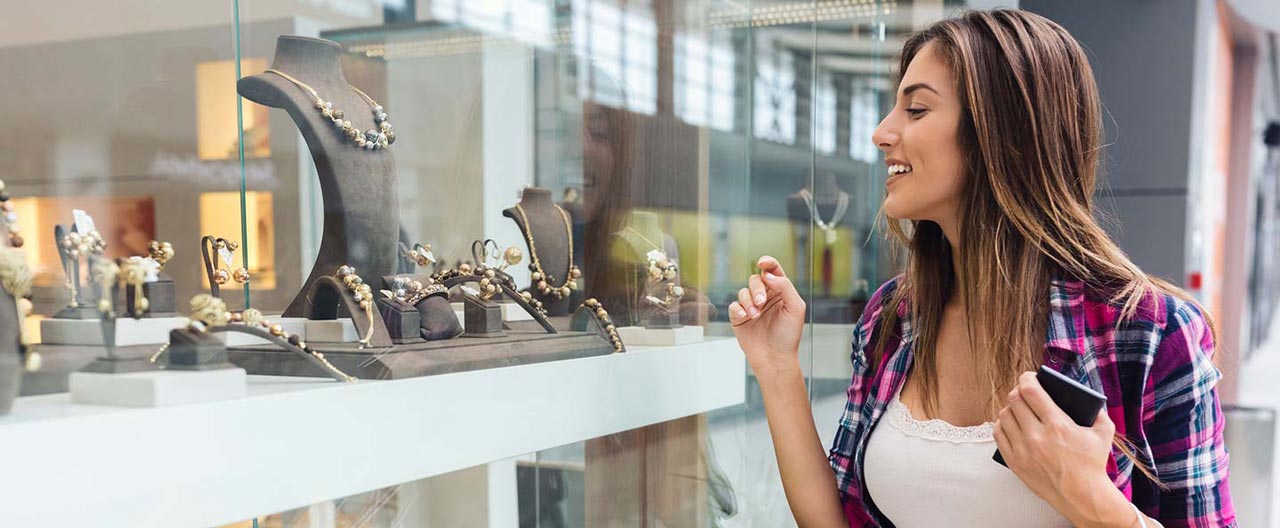To truly enjoy your fine jewelry, you may want to do more than simply wear it on special occasions. Enjoyment may also come from knowing it is protected from damage or theft and that it looks its best at all time. To get the most from your jewelry, consider these tips for caring for your jewelry, getting it appraised, and finding the right insurance.
How to care for your jewelry
Whether you own a million-dollar ring or jewelry that is far less valuable, consider this jewelry care checklist:
- Store it safely: Don’t keep your most valuable pieces in your bedroom. Install a secure home safe with the appropriate fire and theft rating for jewelry or keep valuable items in a bank vault.
- Keep it close when traveling: If you take your jewelry on trips, keep expensive items with you at all times, or use a hotel safe (not the safe in your room). Don’t pack jewelry in your luggage or wear valuables to the pool or beach.
- Caring for watches: Replace broken or scratched crystals immediately. Even hairline cracks can let dust or moisture into the mechanism, threatening its accuracy. Check your watch clasp periodically to prevent accidental loss.
- Caring for diamonds: When cleaning diamonds, use mild detergent or a sudsy ammonia bath. Never let your diamond touch chlorine bleach, as it can pit and discolor the mounting. Have your prongs and mountings checked annually, since wear and tear can loosen a stone. Diamonds can scratch all other jewelry, so store them separately.
- Caring for pearls: Make sure your pearls are cleaned and restrung regularly to prevent pearl strings from becoming stretched, weakened or soiled. Wipe pearls with a soft cloth after each wearing. Over time, perfume, cosmetics, hairsprays, and oils and chemicals on your skin can erode the quality. To protect pearls from scratches, store them in a soft cloth pouch.
- Caring for gemstones: Guard against loose stone settings by having prongs and mountings checked annually. Remove gemstone jewelry while outdoors during intense sunlight or under tanning lamps, which can fade the stone. Because each gemstone is different, discuss specific care and cleaning procedures with your jeweler.

What to look for in jewelry insurance
It is never pleasant to have a prized piece of jewelry stolen, lost, or damaged. But the right insurance, you can turn a horrible situation into a happier one. Here are a few things to look for in a valuable articles policy:
- Worldwide coverage, whether the item is being worn, in transit, or in a safe
- No deductibles, so you don’t have to pay to have your piece replaced or repaired
- Automatic coverage for newly acquired items
- Coverage for pieces on loan or consignment to you
- Coverage for works in progress
If you lose a piece, you’ll want to know that, even if it has appreciated in value, you’re covered for the loss.
Chubb covers jewelry items for up to 150% of their insured value in most states. That means that if the market value exceeds the scheduled value at the time of loss, Chubb will provide up to a 50% coverage enhancement. The problem, according to jewelry specialists at Chubb, is that many people are shocked when they find how underinsured they are. With a sharp rise in gold prices, for instance, a gold band purchased before the price spike may not be fully protected, even with 150% coverage. That’s why getting regular appraisals is so important.

What to look for in a jewelry appraisal
The wholesaler price of a two-carat diamond ring can vary wildly – from colorless ‘D’ at $95,400 to an ‘M’ color, highly included stone that wholesales at only $2,000. That’s why it is wise to have a professional appraisal performed for each and every piece of fine jewelry you own.
How do you make sure you’re getting a quality appraisal? First consider the credentials of the appraiser. After all, you wouldn’t want a store clerk to appraise your fine jewelry. Look for a graduate gemologist or a diamond gemologist. Then, make sure your appraisal includes the following:
- The type of jewelry, what it’s made of
- The type of gemstones and how they’re graded
- Appraiser’s signature and the date
While you’re there, have the appraiser do a condition check to make sure there aren’t any prongs loose or chips in the stone.
Disclaimer: This information is descriptive only. All products may not be available in all jurisdictions. Coverage is subject to the language of the policies as issued.
Insights and expertise








This document is advisory in nature and is offered as a resource to be used together with your professional insurance advisors in maintaining a loss prevention program. It is an overview only, and is not intended as a substitute for consultation with your insurance broker, or for legal, engineering or other professional advice.
Chubb is the marketing name used to refer to subsidiaries of Chubb Limited providing insurance and related services. For a list of these subsidiaries, please visit our website at www.chubb.com. Insurance provided by ACE American Insurance Company and its U.S. based Chubb underwriting company affiliates. All products may not be available in all states. This communication contains product summaries only. Coverage is subject to the language of the policies as actually issued. Surplus lines insurance sold only through licensed surplus lines producers. Chubb, 202 Hall's Mill Road, Whitehouse Station, NJ 08889-1600.










